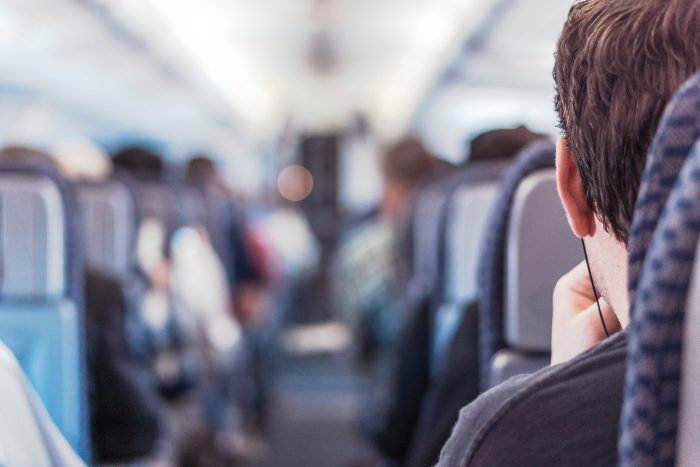
Wellbeing Trend for 2022
The last few years have been some of the most stressful in recent history for many people. In the UK, mental health organisations noted that 74% of adults have felt unable to cope with the stress level experienced in the last year. The director of the mental health foundation said, in addition to societal changes:
“Individually, we need to understand what is causing us personal stress and learn what steps we can take to reduce it for ourselves and those around us“.
So in this article, we want to discuss some of the best stress relievers that you can practice from the comfort of your own home to improve your wellbeing.
Wellbeing Diets
Recent studies have brought diets to the forefront of wellbeing. One study indicated that poor diets can have adverse effects on mental health. It highlighted that nutrient deficiency was a crucial factor in poor mental health. A survey of over 9000 men and women found a correlation between low calcium, vitamin B2 and saturated fatty acid deficiency contributed to lower mental health scores.
While improving your diet won’t necessarily be a cure-all, it’s certainly a simple step you can take to improve overall wellbeing.
Breathing Exercise
Many people underestimate the physical effects of stress. However, from panic attacks to anxiety, many of these conditions are brought on by the body’s physiological response. As such, breathing training can be a valuable tool for managing adverse stress reactions.
In a 2017 controlled trial, participants were asked to carry out diaphragm breathing training to test whether it would be effective in reducing anxiety. The research found that participants could significantly reduce stress levels through these exercises throughout just 8-weeks.
Hypnotherapy Audios
While hypnotherapy techniques have been around for some time, the growth of technology has made it increasingly easy for people to access hypnotherapy online. Self-help hypnotherapy has been shown to help improve a range of stress-related conditions, from gut health to hypertension.
Moreover, in studies related to stress and mindfulness, participants who listened to self-hypnosis recordings significantly decreased perceived distress and higher mindfulness.
Hypnosis for Fear
Fear isn’t good for anyone’s stress levels, so managing fears and phobias could be the key to better wellbeing. Hypnosis is known to be an effective treatment for fear. This can be measured by visible improvement in blood pressure and heart rate.
People experience fear for many reasons; sometimes, it’s useful to help us navigate potentially (or actual) dangerous situations. Other times, fear can be seemingly irrational or a result of anxiety built up over time.
Let’s take the example of a situational fear (or phobia), such as the fear of flying. This isn’t an uncommon phobia, with 2.5%-6.5% of people having a crippling phobia that prevents them from flying.
Hypnosis for fear of flying aims to get to the root of the phobia by tapping into your subconscious. Hypnosis is achieved by inducing a deep state of relaxation, often done through verbal repetition, visualisation, breathing, or a mixture of these techniques. Though the client is relaxed, they are still fully aware and have complete control.
The aim is to help the client achieve their goal of being able to fly whilst managing any feelings of anxiety or worry,
Takeaways
If you’re looking to practice these simple stress-relieving trends today, why not start with one of our meditation and hypnotherapy audios?
At House of Wellbeing, we have a range of targeted wellness audios you can choose from. So it’s easier than ever to start on your journey to wellbeing, from managing sleep and anxiety to specific audios such as fears, phobias and self-improvement.
Tags: Hypnosis for fear of flying